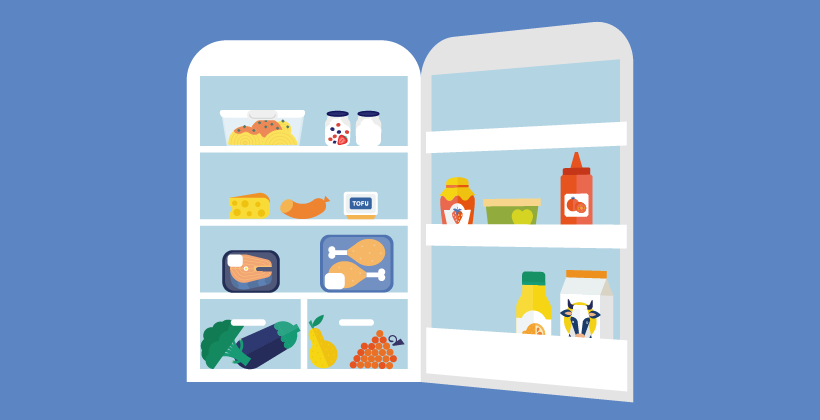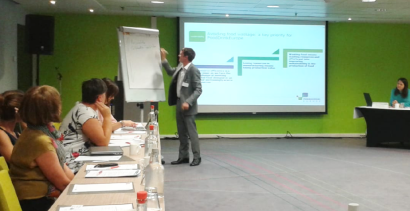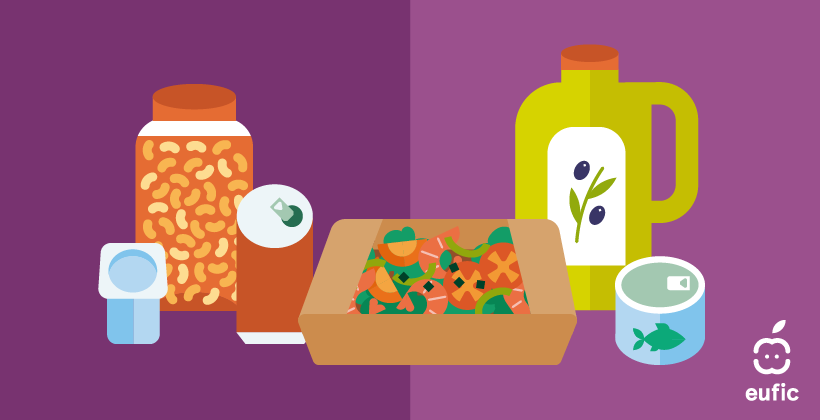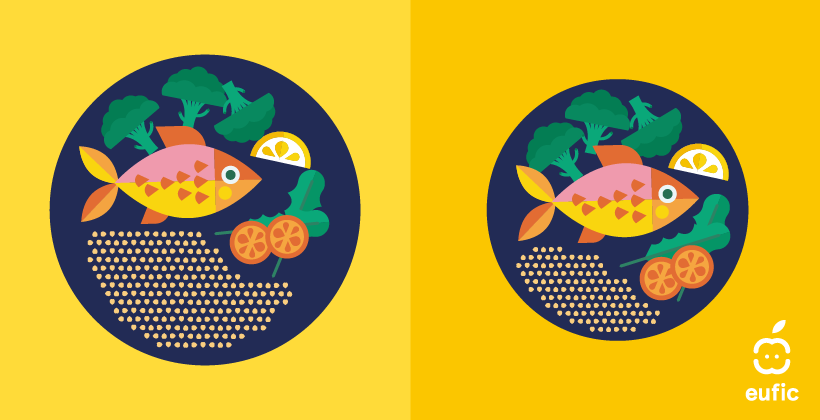Perceived value of food and portion size are main drivers of food waste: Dr. Sophie Hieke
Last Updated : 26 June 2018Dr. Sophie Hieke, EUFIC Head of Consumer Science, shared best practices and key challenges on consumer behaviour towards food waste at the International Conference ‘Food waste at home and ways to address it', held in Vinius, Lithuania on April 10.
Organized by the Lithuanian Consumer Institute (LVI) in the framework of the project ‘Global learning approach to food waste in non-formal education’, speakers included Vytenis Andriukaitis, EU Commissioner for Health and Food Safety, representatives from the Food and Agriculture Organization (FAO), academics and local authorities looking at ways to inspire change with examples of successful campaigning that resulted in greater public awareness and reduction of the waste.
Dr. Hieke, who leads the Consumer Science team at EUFIC, was invited to share her expertise on food waste, looking at both the latest statistics at global level, as well as the underlying reasons why consumers continue to throw away edible food in their homes. The volume of food waste has continued to increase, leading to a staggering 1.3 billion tonnes in 2016: Europe accounts for 88 million tonnes annually. Households are accountable for the largest share of food wasted, around 53%, followed by the processing phase (19%) and food service (12%). These data lead to more than 115kg of food per capita that goes to the bin, bringing a considerable environmental impact.
She also shared findings from the latest research looking at the dynamics behind consumer behaviour in relation to food waste, namely:
- the perceived value of food can influence the amount of food wasted, as the feeling of guilt and emotional connection to food can motivate to reduce waste.
- portion size has an impact, leading for instance to reduce food waste in restaurants by 20% through smaller plate sizes.
- older people discard less amounts of food, as they tend to be more aware of its value, whereas 18-24 year old waste the most.
''Future efforts should go towards behavioural research, moving away from artificial settings and improving understanding of real-life behaviour: there is an increasing amount of research on food waste, yet we need to find a common methodology, definitions and data collection methods across countries if we want make a big step forward'' highlighted Dr. Hieke. ''Still today definitions are not consistent among researchers, making comparability of results harder across countries'' she concluded.



